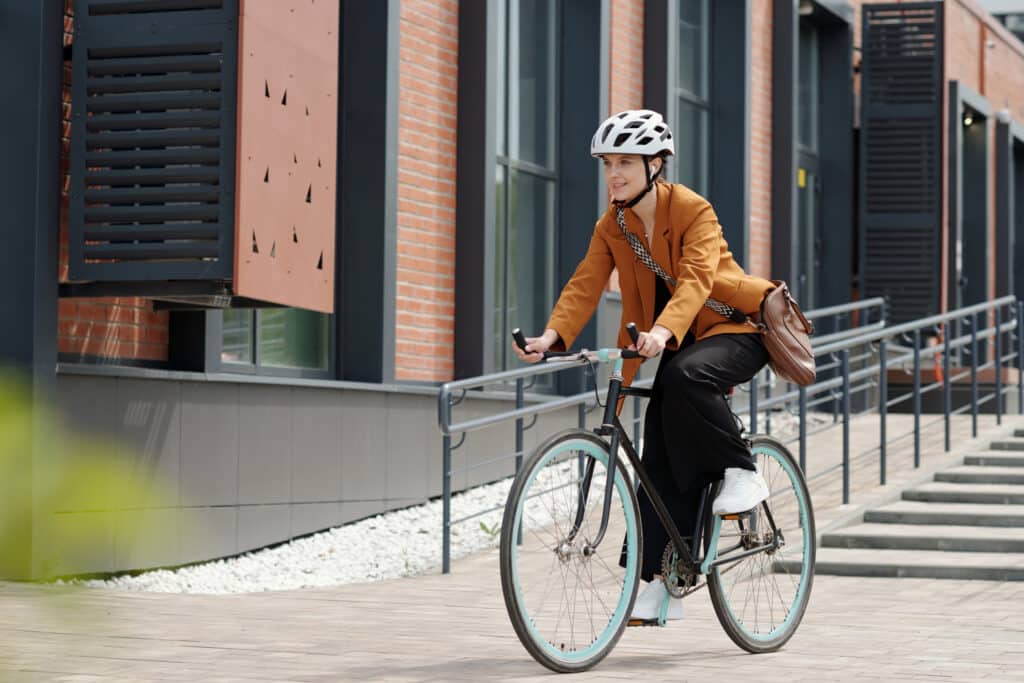Plan ahead to beat the ‘spring forward’ blahs

Here’s a statistic to yawn about. Six out of 10 U.S. adults feel adverse effects from daylight savings time the Monday after turning their clocks forward, and 40 percent of adults say it takes them a week or more to adjust to the time change.
As Americans prepare to “spring forward” by changing their clocks next weekend, there are some steps they can take to help their bodies better adjust to the time change, say doctors at Iowa Sleep Center. But you’ll have to get started this week:
1. Go to bed 15 minutes earlier for four nights leading up to the time change. If you only have three days to prepare, hit the hay 20 minutes earlier each night.
2. A few days before we “spring forward,” also adjust daily routines that are time cues for your body, such as eating dinner a little sooner.
3. Stick to your normal bedtime on Sunday, March 8, and make sure to allow yourself enough time to get a full night’s rest – seven to nine hours for adults.
According to a survey by the Better Sleep Council, 74 percent of workers over age 30 who reported not getting adequate sleep said their sleepiness affects their work.
Getting more sleep may improve your overall well-being as well. According to separate survey results just released from the Gallup-Healthways Well-Being Index, Americans who usually get more hours of sleep per night have higher overall well-being than those who typically get fewer hours of shut-eye. Getting more hours of sleep is positively associated with having higher well-being, with the relationship peaking at eight hours and leveling off thereafter, the survey results showed. These data are based on interviews with 7,058 U.S. adults conducted in September 2014.
Those who usually sleep seven hours per night have a 4.8-point advantage in their Well-Being Index score over those who typically sleep for six hours. This difference is greater than the well-being advantage for those who sleep six hours versus five hours (2.9 points), and eight hours versus seven hours (1.5 points).
The link between getting more hours of sleep and higher well-being differs slightly by age. For adults aged 65 and older, the relationship peaks at seven hours of sleep. For those under age 65, it peaks at eight hours. For young adults aged 18 to 29, the well-being uptick from seven to eight hours is more pronounced than it is for adults in the middle age groups.








